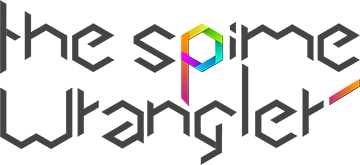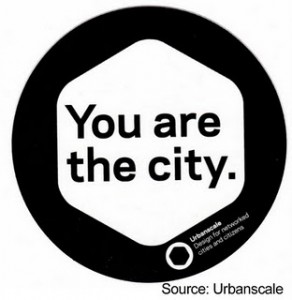Frog Design's post on top technology trends for 2012 is highly insightful. First, the graphic. It's Alice who just can't resist a peak into the future! 
Then the list of trends begins with the trend on which I spent considerable time with in 2011 and see expanding in 2012: using mobile AR and similar interfaces to engage with the data available (published by) Smart Cities.
Although many others saw its potential a decade ago, and numerous cities have been working on it since this decade began, there's still a lot of research to do before a basic formula emerges, a set of best practices or guidelines shakes out. Here's how Frog Design's Chief Creative Office describes the modern city:
"The modern city is becoming a pointer system, the new URL, for tomorrow’s hybrid digital–physical environment. Today's Facebook will be complemented by tomorrow's Placebook. Explosive innovation and adoption of computing, mobile devices, and rich sources of data are changing the cities in which we live, work, and play. It's about us, and how computing in the context of our cities is changing how we live. A digital landscape overlays our physical world and is expanding to offer ever-richer experiences that complement, and in emerging cases, replace the physical experience. In the meta–cities of the future, computing isn't just with us; it surrounds us, and it uses the context of our environment to empower us in more natural, yet powerful ways."
This description assumes, thought isn't explicit about having a sensor-rich environment (aka Internet of Things). Isn't the "digital landscape overlaying our physical world and expanding to offer ever-richer experiences" a beautiful image?
Many of the other 14 trends are also well synchronized with the topics of this blog.
I hope you will find this presentation as valuable as I have. I recommend that you view in full screen mode.



